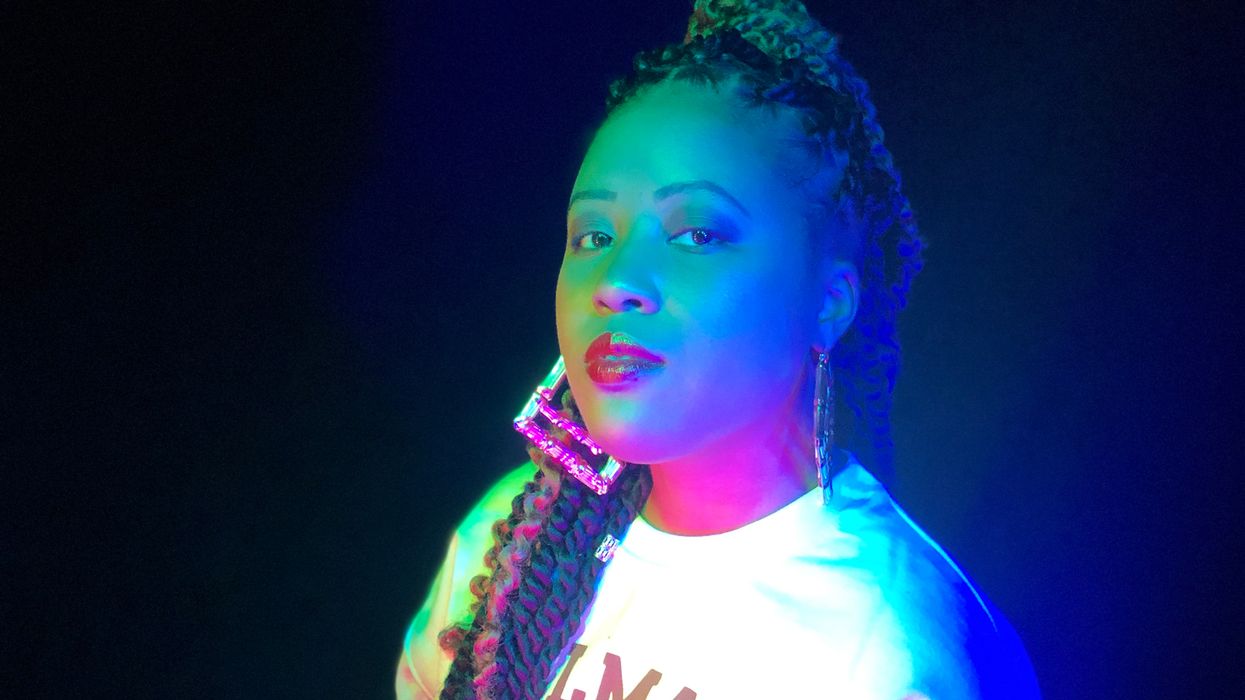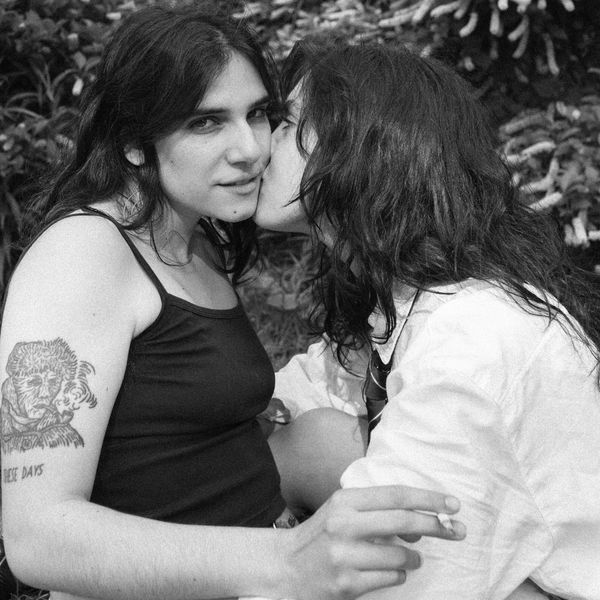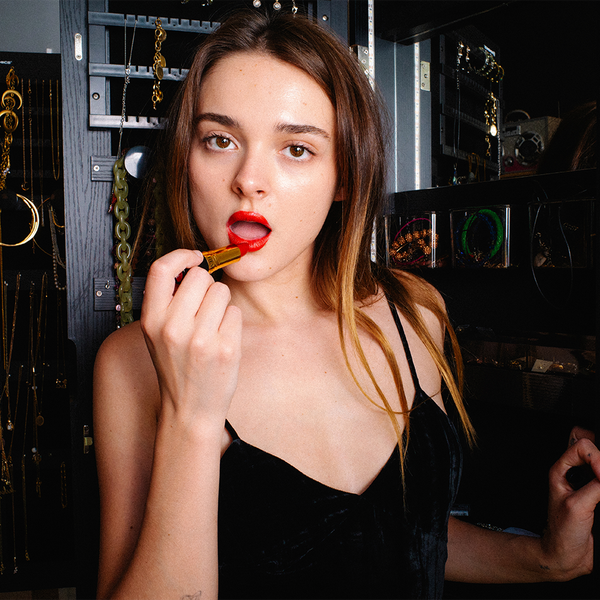How to Amplify Mental Health Amongst Black Journalists
Check in with your Black journalist friends—we’re not OK, and we need love, too.

The world becomes a lot more difficult when you’re a Black person during COVID-19 in the midst of yet another unjust murder of an unarmed Black man at the hands (or should I say, knee) of a police officer and you fear that you or a loved one of yours is next. Imagine that same intense anxiety as you push through the pain of writing about it nearly every day.
Every morning my routine is as follows: brush my teeth, meditate, work out, shower, bury myself in my work while attempting to find some time to eat, try to avoid falling down the rabbit hole of social media, and then watch a bad comedy until I fall asleep. In the middle of identifying a sense of normalcy, I have to consistently craft pitches, talk to interview subjects, and address the problems impacting the Black communities that are running through my mind every single minute of every single day.
Unfortunately, as mentioned by Shenequa Golding, “while some of us take to the streets, the rest of us have to hide these shared feelings behind professionalism.”
As a child I was taught to work through the pain and never address what’s really happening within my own headspace. As an adult, I’m re-parenting myself to put my mental health first, making it hard to maintain professionalism when the pitch angle that I’m addressing is the cause of my mini panic attacks and anxiety flare-ups.
What’s harder: being a social justice/culture writer and constantly reporting on the state of the Black community, or being a beauty/lifestyle writer who has to constantly shift her pitches to reflect the state of the Black community?
Guess which one I am. Boffum.
As a Black woman in America who lives with two mental illnesses and constantly worries about the well-being of her father, boyfriend, brother, nephews, and friends, sometimes reporting about the very thing that haunts me every second of my existence can become quite exhausting. While I am grateful for the opportunity to push my pen to inform communities about the outrage and fury within the Black community, my résumé is now glowing with conversation about the coronavirus pandemic and racial injustice.
As Black journalists—especially those who have been let go or experience microaggressions in the workplace—we experience a unique pressure like no other to develop stories around the very system that wasn’t intended for us to thrive in in the first place. While those currently fighting for a seat at the freelance table in addition to fighting racism and systemic economic inequality are worrying about their next paycheck, we also put our mental health on the back burner when we consistently report on the issues that placed us in the position we’re in.
There’s only so much music, fashion, beauty, lifestyle, and culture pieces we can write without subconsciously intertwining it with calling out a music label or fast-fashion brand, or crafting a “self-care during COVID-19” piece or positive affirmations during times of unemployment.
Black journalists are consistently reporting on the same economic disparities and racial trauma we’ve been experiencing since 1827, when Freedom’s Journal gave birth to the Black press. Though COVID-19 is new to us, looting, rioting, and losing more Black lives to senseless and unjust murders are not.
As our anguish builds and our blood boils beneath our skin from watching lynchings, knees in the necks of our men, and hearing that a young woman not too far from our own age was shot and killed in her own home, the shit begins to ignite your fears and disappointments in this country as you clock in and clock out to a company that’s owned by an oppressor—all while trying to find the nonexistent balance between the angry Black woman and the woman who isn’t stepping up enough for her community.
I can personally attest that my job as a full-time freelance journalist is daring, to say the least, especially when you’re at risk to be let go at any given moment because budgeting may have been cut due to extenuating circumstances of the pandemic. In addition to the fear of losing my job nearly every single day, every pitch has to tie back to a shooting, racism, equality, lack thereof, calling out brands for their lack of leadership, or murder. And even when I write a piece about healing, I have to address what it is that we’re trying to heal from. Do you see my dilemma here?
I say all of this to say those of us who are Black journalists and who report for any site, whether it be Essence, ABC News, The Root, Blavity, TheGrio, Revolt, Refinery29 Unbothered, CNN, or Good Morning America, are suffering, too. Sure, the bylines are great and the checks look nice, but our mental and emotional health are compromised when there are constant assignments of deaths and economic downfalls in our communities thrown in our direction. Check in on your journalist friends. Check in with your Black journalist friends.
Black journalists are tired.
Black journalists are scared.
Black journalists are mentally, emotionally, physically, and spiritually exhausted.
Black journalists are on the front lines of shifting the narrative, but don’t put ourselves on the front lines of mental health care.
Black journalists are human.
Black journalists feel.
Black journalists cry.
Black journalists need a break.
Black journalists need love, too.
Photo: Alexus Green
Want more stories like this?
The Truth about Postpartum Anxiety During a Pandemic
Why Forest Bathing Might Be the Key to Lowering Your Stress Levels
5 Ways to Change Up Your Morning Routine & Feel Your Best This Summer




